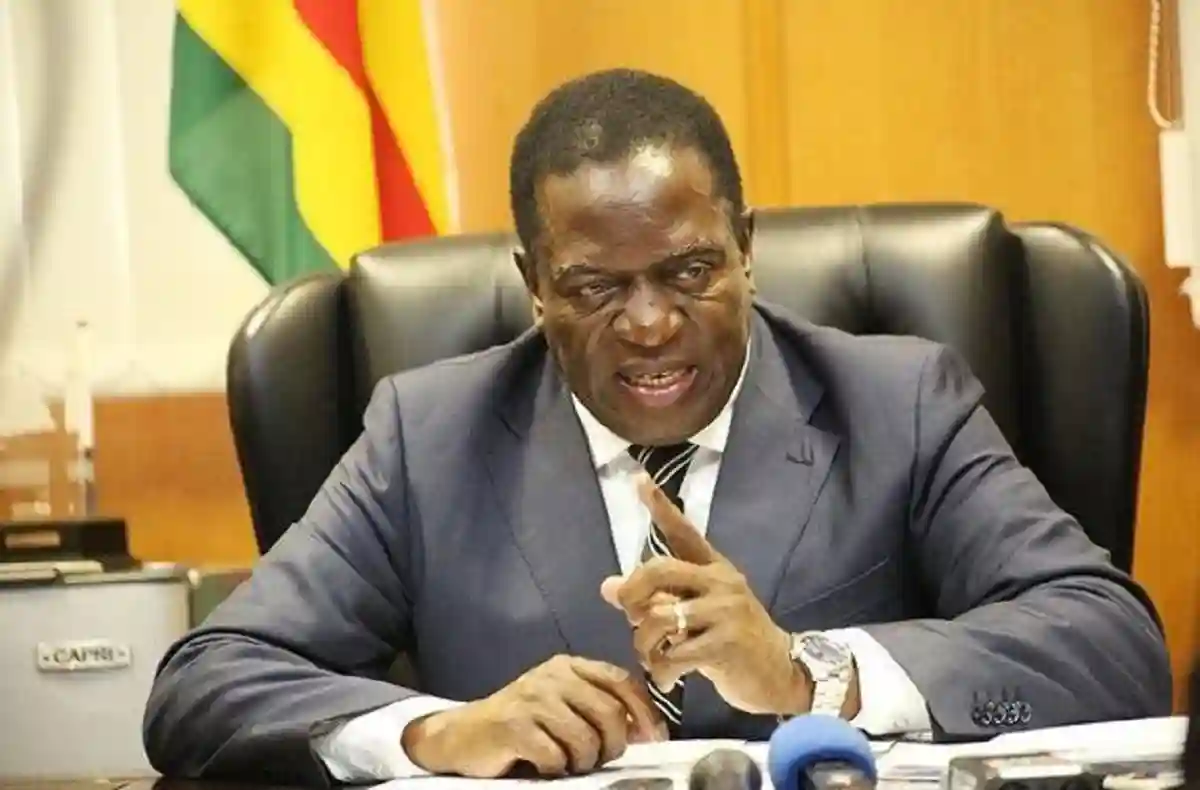President Mnangagwa has ordered the withdrawal of a notice banning disclosure of procurement of health assets, citing its unauthorized publication without proper authorization and signature.
In a statement seen by Pindula News, Dr Misheck Sibanda, the Chief Secretary in the office of the President and Cabinet, said General Notice 635 of 2023 is a nullity. He said:
His Excellency the President, Dr ED Mnangagwa, has been made aware of some document gazetted as General Notice 635 of 2023, purporting to place the procurement of certain goods outside public scrutiny, on grounds of “national interest”. Upon further investigations, it has- come to light that the so-called Government Gazetted Notice is a nullity, having been published without authorisation, and without the signature of the Chief Secretary to the President and Cabinet, as is the norm. While further investigations are underway, Government wishes to advise the public that, on the instruction of His Excellency the President, the document in question has been rescinded as it has no standing at law, in policy and in terms of set Government procedures. It thus should be disregarded.
Government remains committed as ever to managing a transparent public procurement policy and process, as required b the laws of the country.
In General Notice 635 of 2023, President Mnangagwa declared that procurement details of public health assets will not be disclosed for “national interest.” The Office of the President and Cabinet said the declaration is in accordance with the Public Procurement and Disposal of Public Assets Act.
The withdrawal comes after the Ministry of Health and Child Care (MoHCC) explained that the ban on disclosing the procurement of health assets was initiated to allow urgent direct procurement without bureaucracy.
The notice attracted backlash from government critics who said banning the disclosure of health asset procurement could result in corruption, misuse of public funds, poor quality goods and services, and erode public trust in government institutions. They also said it may harm the credibility of the government and its ability to provide essential services.

